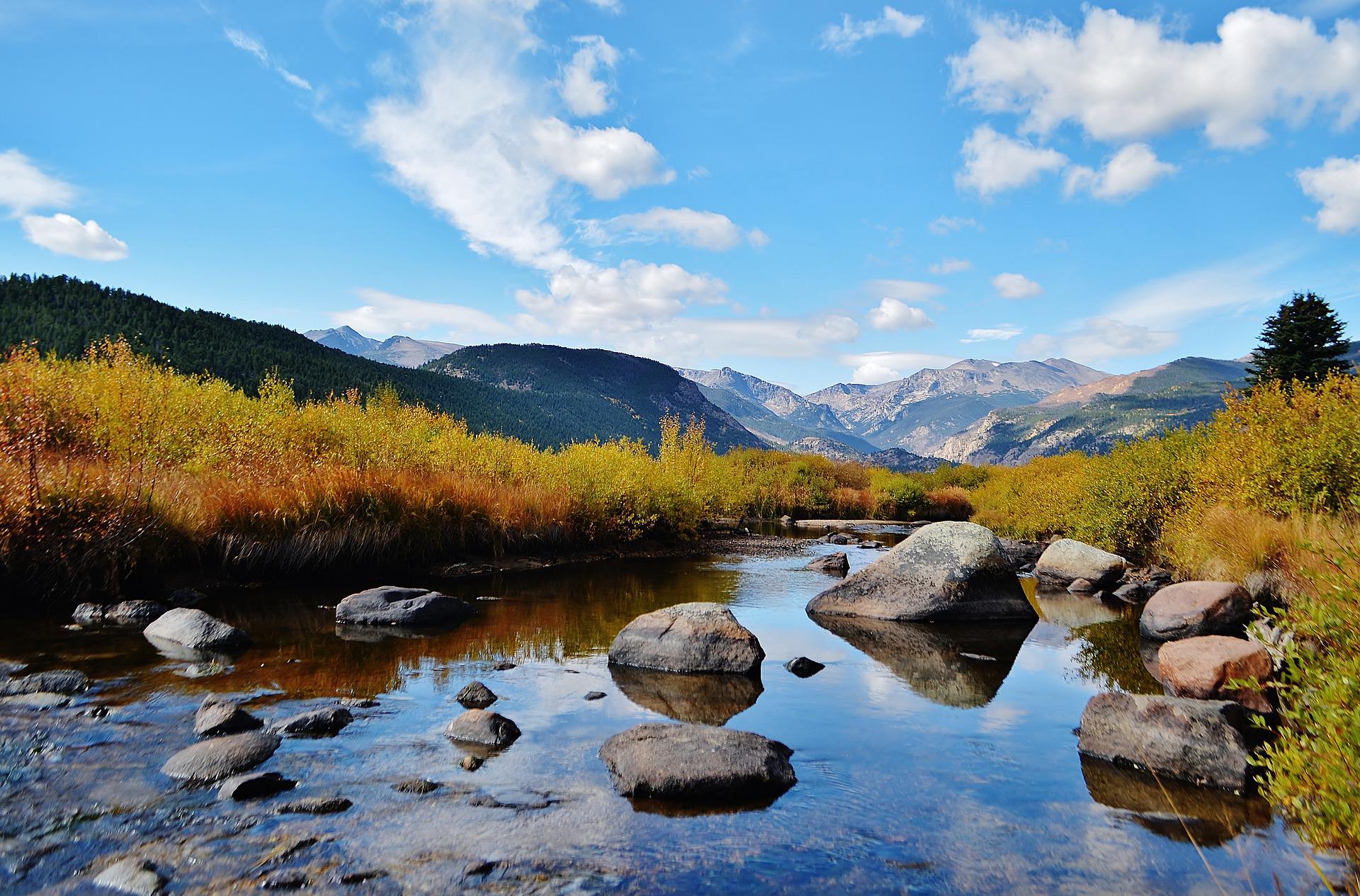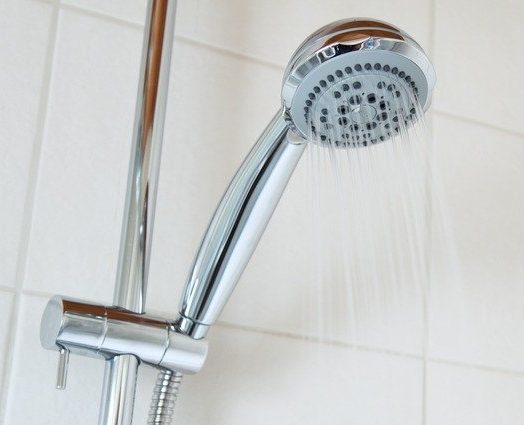
Dear Eartha, My neighbor keeps a bucket at the bottom of their tub while they shower to collect water that they use in their garden. Does that really make a big difference?
You hear a lot about recycling from High Country Conservation Center. Summit County recycles aluminum cans, glass bottles, mattresses, and the list goes on. What about recycling water?
As Colorado’s population grows, so does the demand for clean water. The state’s population has boomed to over 5.7 million today and is projected to increase to 7.8 million people by 2040. All this growth adds stress to our local rivers that are already stressed due to climate change and drought. This is a complex issue, so how can any one person help?
The Colorado Water Plan urges, “If we are wise stewards of our water resources, Colorado has enough water to meet our state’s future needs.” It’s going to take all of us to change our mindset about water use and this is where people like your neighbor may be onto something.
What is Greywater?
When your neighbor puts that bucket at the bottom of their tub and collects the excess water for plants, they are recycling greywater. Greywater is any water that comes from your showers, tubs, bathroom sinks, or washing machines. This wastewater can be reused elsewhere before it leaves your home and enters the sewage system. The most common ways to recycle household greywater are irrigating plants like your neighbor, or for reuse in toilets. This is an excellent way of saving water and money because greywater is available every time you wash your clothes or take a shower.

Keep in mind that greywater does not come into contact with urine, fecal matter, or food which contaminate the water and make it difficult to filter and clean for reuse. The kind of water that comes from the toilet, urinals, dishwashers, and kitchen sinks is considered “blackwater” and cannot be reused.
Colorado’s Take on Greywater
While your neighbor’s bucket captures greywater from the shower, greywater collection can also be a more permanent practice. CU Boulder built a greywater system in 2016 within the Williams Village North residence hall. The building’s plumbing captures and processes about 2,200 gallons of water waste per day from sinks and showers for reuse in toilets. This is one of the only large-scale water reuse systems in Colorado. But there is a catch: Boulder has not yet formally approved use of greywater systems; the system operates under a research exemption. Let me explain.
Since 2015, the Water Quality Control Commission adopted Greywater Control Regulation for the State of Colorado called Regulation 86. Regulation 86 outlines the requirements, prohibitions, and standards for greywater in Colorado to minimize the risks of greywater reuse on human health. While these regulations determine the levels of treatment that are necessary to make greywater safe, the statute made greywater an “opt-in” program for local jurisdictions. Therefore, built-in greywater systems are only allowed if a city or county chooses to adopt a local greywater control program that meets the requirements of Regulation 86.
Summit County has not yet adopted the regulations for greywater outlined by the state, making greywater treatment the same as blackwater. As a result, internally-built greywater reuse systems for toilets have not yet been explored and building greywater reuse systems for irrigation, like “Laundry-to-Landscape” systems, have not yet been approved. So, we are not 100% there yet.
The future of water savings
While Colorado has made moves on greywater regulation, states like California are ahead of the pack. Laundry-to-landscape systems are available to California homeowners without a permit. This saves a homeowner on average 40,000 gallons of water per year. And the Rush Creek Lodge in the high Sierras has a gravity-fed reuse system that recycles 3.3 million gallons of water annually, using zero energy to irrigate 95% of the landscape.
Could this be possible in Colorado? Not if you don’t speak up. It is easy to find legislators’ contact information (by zip code or leg.colorado.gov) or email your town council about water priorities. After all, water is essential to life and the future of our mountain community. Greywater is another drop in the bucket, so to speak, in water savings for Colorado and every drop counts. Will you advocate for the future of greywater in Colorado?
